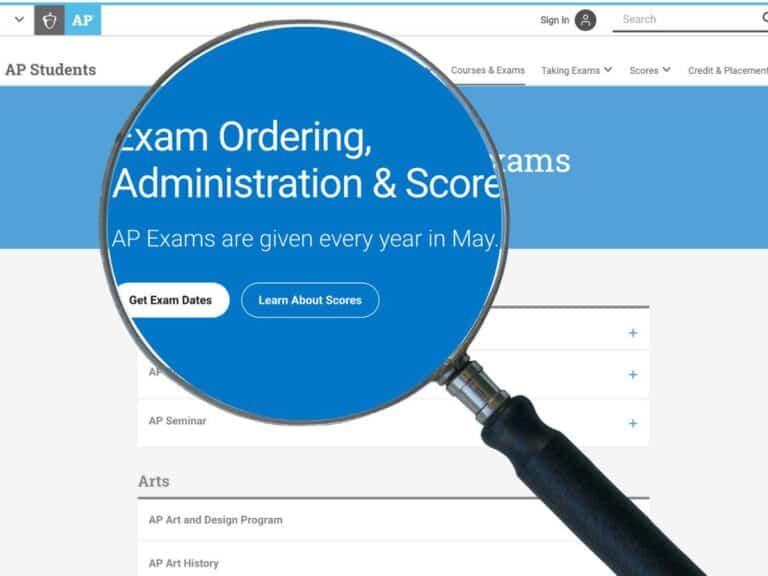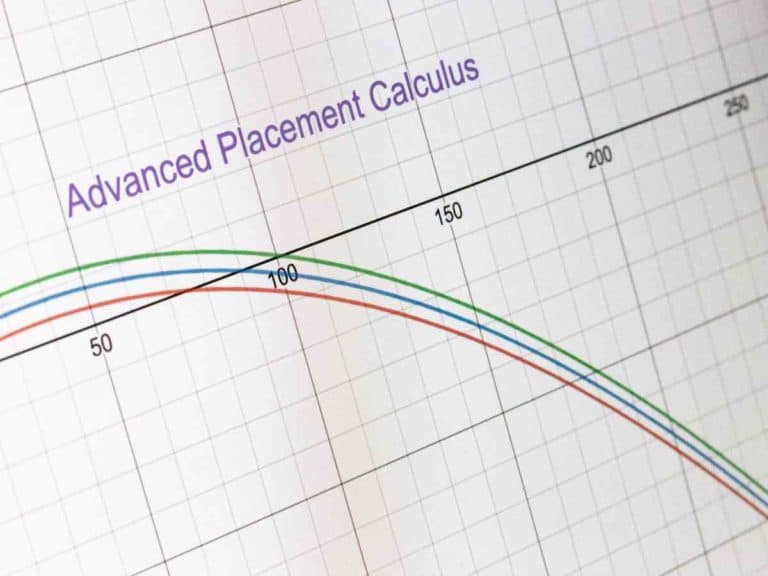Cracking the AP Human Geography Code: Is It Really That Challenging?
Running out of college-level courses to register for, whether for going after one’s interest or increasing college admissions chances (or both), should be the least of a high schooler’s worries.
There are 38 AP courses to choose from.
However, how many and which are accessible depends on the high school offering them.
Some AP courses are more challenging than the rest.
There are those, too, with average difficulty levels.
Many high school teens may find AP Human Geography manageable and engaging enough, depending on whether they are interested in what it covers and the skills they are motivated to build.
But it’s worth pointing out that around 32% of AP Human Geography test-takers get a score of 1.
Meanwhile, only 20% get a score of 4, and 16% get a score of 5.
Of course, some high schoolers are bad at taking examinations due to test anxiety, although there’s no way to tell how many low AP exam scores are due to nerves and how many are due to laziness.

What the Course is All About
Simply put, AP Human Geography delves into how human societies get shaped.
Here’s how the College Board, the creator and administrator of the AP Program, describes the course:
“Explore how humans have understood, used, and changed the surface of Earth. You’ll use the tools and thinking processes of geographers to examine patterns of human population, migration, and land use.”
It’s not the most demanding AP course around.
However, it may startle some high school kids as AP Human Geo covers a wide range of topics, each necessary for a deeper understanding of how humans interact with one another and the environment.
The inclusion of population and migration makes a lot of sense.
Race, ethnicity, language, culture, and religion are topics that add dimension as well as complication to the subject. Political, economic, and urban geography round out the academic subject.
AP Human Geography is an introductory college-level course in Human Geography.
Course Content: What You Will Encounter in Class
AP Human Geography is one semester long.
The entire course consists of seven units, each subdivided into different topics and comprising anywhere from as small as 8% to as large as 17% of the AP Human Geography exam.
Let us take a look at the various units of the course:
- Thinking Geographically
- Population and Migration Patterns and Processes
- Cultural Patterns and Processes
- Political Patterns and Processes
- Agriculture and Rural Land-Use Patterns and Processes
- Cities and Urban Land-Use Patterns and Processes
- Industrial and Economic Development Patterns and Processes
The design of AP Human Geography is by the College Board, including the sequence of the topics — the list above serves as a general outline of the course content.
However, it may appear somewhat different on your end.
It’s perfectly fine for your high school teacher administering AP Human Geography to organize the course content in a different manner, depending on your institution’s priorities and preferences, according to the College Board itself.

What’s the Difference Between Human Geography vs. Physical Geography?
They may sound the same, alright.
Although Human Geography and Physical Geography share some things in common, these courses have different concerns, which makes them suitable for varying students and purposes.
The various physical aspects of the Earth are what Physical Geography focuses on.
It’s the study of the soil, land structures, bodies of water, seasons, and the atmosphere. The subject covers just about everything natural that you see (and even don’t see) that affects the planet.
The things that Physical Geography studies also impact humans and their activities.
Meanwhile, Human Geography is about human population patterns, including their actions that, like natural forces, impact the environment — the one thing it shares with Physical Geography.
Related Article: How Hard Are Calculus I and II?
Reasons to Take AP Human Geography
AP Human Geography is a part of the AP Program by the College Board.
Taking it provides high schoolers the opportunity to take more rigorous college-level courses, making it suitable for those who like challenging themselves and succeeding, too.
The course (and other AP courses) serves as a preparation for challenging college classes.
AP Human Geography, in particular, does so by equipping you with the following skills:
- Relating concepts to real-life scenarios
- Processing information in charts, maps, graphs, etc.
- Recognizing data trends and patterns
- Using geographic scales to understand spatial relationships
Besides the above-mentioned skills that APHG imparts and utilizes, you can also obtain others that can be beneficial in succeeding not only in college but beyond it.
Some of them include:
- Analytical thinking
- Communication
- Numeracy
- Organization
- Problem-solving
- Reporting
- Researching

The Course Draws Students With Various Interests
Just about any high school teen interested in humans, their activities, and the effect of their pursuits on the planet tend to take AP Human Geography to experience a college-level course.
You might find it interesting whether it’s social sciences or current events that you are into.
Those looking to major in something that will prepare them for a global career should consider AP Human Geography since it will equip them with knowledge of the world’s interconnectedness.
First-year students may start taking AP classes.
However, such is rarely recommended, given that they are still transitioning from middle to high school.
Most AP classes are suited for those who are in their junior and senior year of high school, although some easier courses are ideal for sophomore high school students to take, too.
For many, AP HuGe would make for an excellent choice.
Being a relatively entry-level course with manageable difficulty for most learners, AP Human Geography can provide an experience with an advanced class without making the entire AP program daunting.
Read Also: What Happens if You Fail the AP Exam but Pass the Class
Will You Earn College Credit From Taking It?
Registering for AP Human Geography won’t let you earn college credit — taking the AP Human Geography exam may, depending on whether or not an institution accepts AP credits and the score you obtain.
However, AP Human Geography can increase college admissions chances for three reasons:
- It increases the rigor level of your academic record
- It boosts your weighted GPA
- It demonstrates your interest in your intended concentration
Are you looking to get into a selective school?
Taking challenging AP courses is smart because college admissions officers at competitive colleges and universities love students who push themselves to achieve academic greatness.
AP Human Geography may not be the hardest AP course there is.
But pairing it with more difficult ones eventually can help make your application to your top-choice college look more competitive by increasing your high school record’s rigor level and weighted GPA.
It may also help you get into a competitive program.
Such is true if AP Human Geography has something to do with your intended major, be it Anthropology, African American Studies, Linguistics, Social Work, Public Administration, Urban Studies, or Civil Engineering.
Related Article: How Hard Is AP Spanish
Disclaimer: The views and opinions expressed in this article are those of the authors and do not necessarily represent those of the College Reality Check.





